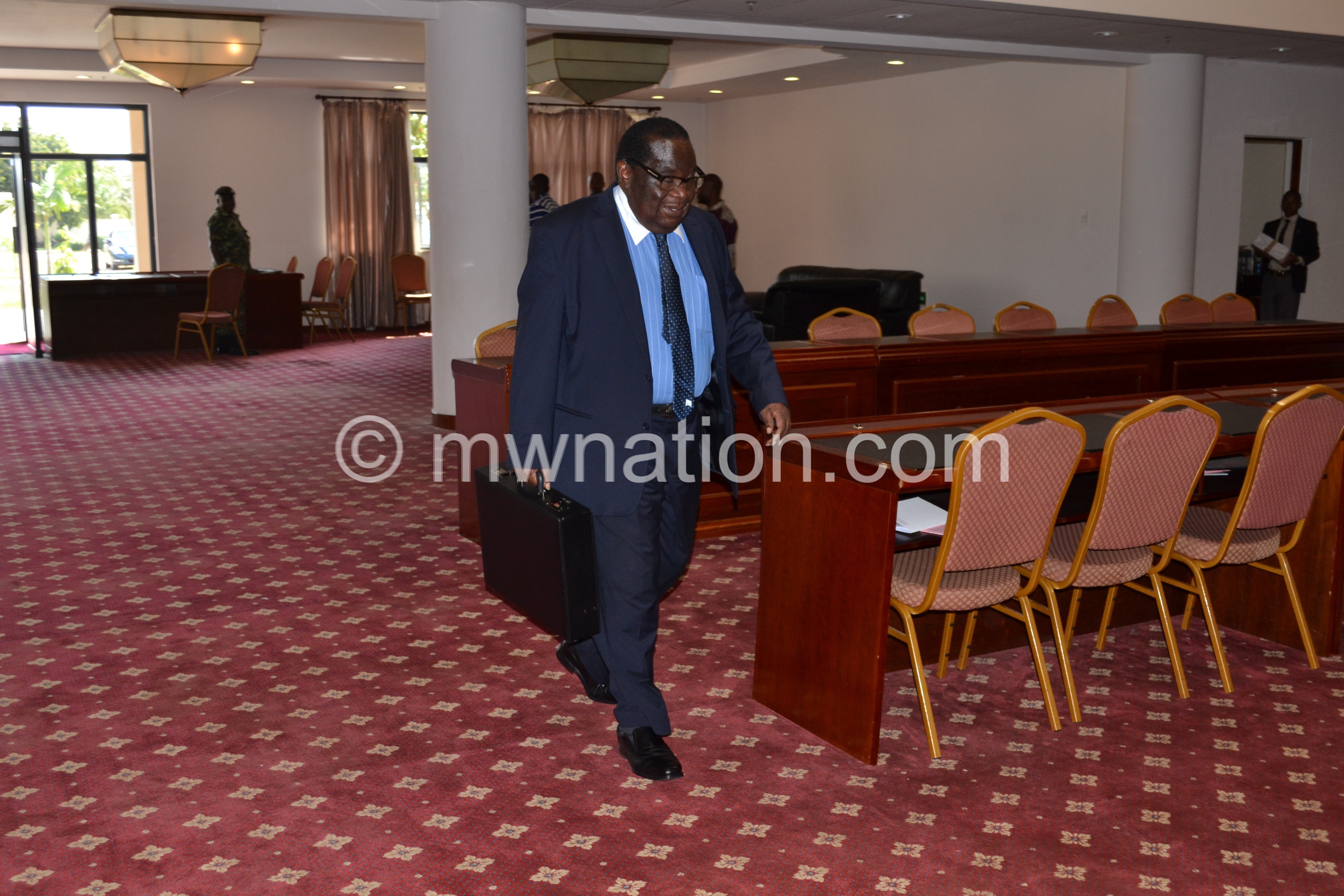Mixed views on stability
Economists have said unless government exercises commitment to maintaining macroeconomic stability, particularly fiscal discipline, attaining the projected macro-economic stability will be difficult.
Presenting the 2017/18 National Budget in Parliament on Friday, Minister of Finance, Economic Planning and Development Goodall Gondwe made a number of macro-economic assumptions for the fiscal year, projecting that the economy will register an increased growth of between five and six percent in 2017, good weather conditions permitting.

The minister also projected inflation and interest rates to continue falling, with a stable exchange rate and export proceeds reserves surpassing the three months import cover by the end of this financial year on June 30 2017.
In recent months, inflation and interest rates have been on a downward trajectory where overall inflation has declined without interruption by 9.7 percentage points—from 24.3 percent in July 2016 to 14.6 percent—as at April, and interest rates from above 35 percent to around 30 percent now.
The kwacha has on the other hand remained stable since last December, trading at around K734 to a dollar.
But the Lilongwe-based socio-economic organisation Centre for Social Concern (CfSC), while pointing out that it is possible to achieve the targeted growth rate, said achieving the same will require serious commitment polices.
CfSC economic governance programme officer Lucky Mfungwe, in a written response to a questionnaire on Tuesday, said unless the country moves to narrow the trade gap, it would be too optimistic to attain the projected growth.
“Exchange rate is determined by the prices of what a country exports relative to prices of what it imports. Malawi has significantly registered a negative trade balance due to low levels of exports which fetch low prices compared to what the country imports. This has contributed to the loss in the value of our kwacha,” Mfungwe said.
Weighing in, economic statistician Alick Nyasulu said the assumptions appear credible, but was quick to mention that weather is unpredictable, saying all high growths are dependent on agriculture that is rain-fed.
“Come any bad weather occurrence, all these assumptions will not hold. On the other hand, reducing interest rates will very much depend on controlling government borrowing,” he said.
Nyasulu also cautioned that some huge expenses coming up are preparations of the 2019 elections, saying election-based expenses sometimes can lead to borrowing that may lead to higher interest rates.
On his part, Catholic University head of economics department Gilbert Kachamba said unless government addresses bottlenecks to growth such as corruption, and maintain a tight fiscal discipline, achieving the growth rate of five or six percent is wishful thinking.
Kachamba said the minister has not come clearly to outline specific policies and plans that government intends to put in place to achieve such growth; otherwise it will be the same growth rate as usual.





